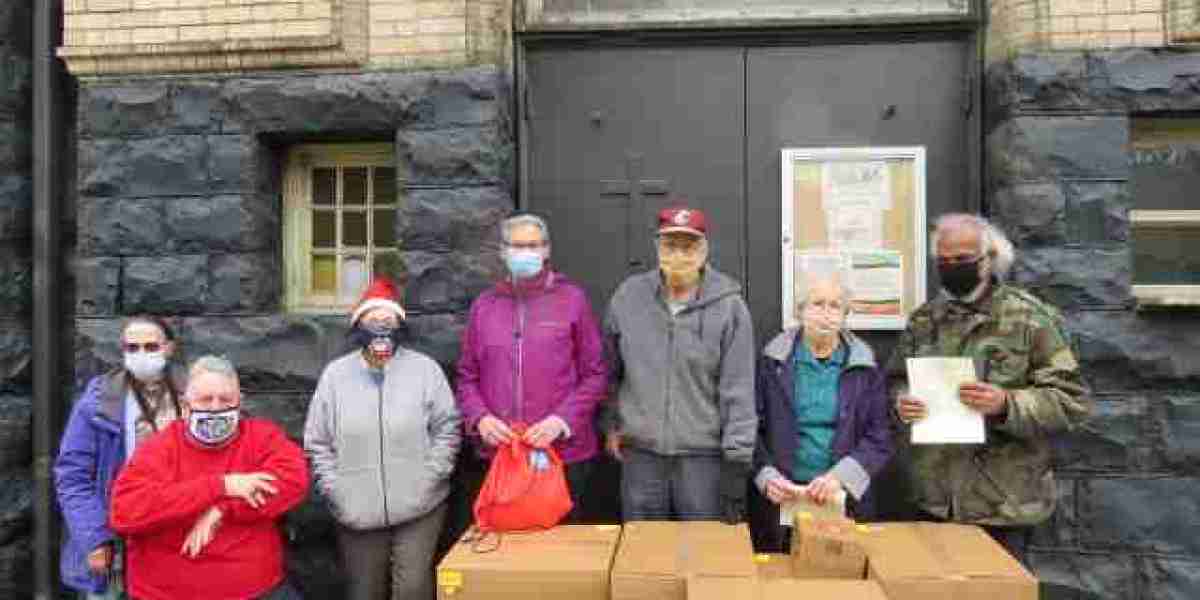Understanding Youth Homelessness:
Youth homelessness encompasses a diverse range of individuals, including runaways, LGBTQ+ youth, foster care alumni, and those escaping abusive environments. Many factors contribute to youth homelessness, including family conflict, poverty, substance abuse, and mental health challenges. Without stable housing or support networks, these young individuals are left vulnerable to exploitation, violence, and the detrimental effects of life on the streets.
The Role of Youth Homeless Shelters :
Youth homeless shelters provide much-needed refuge and support for young individuals experiencing homelessness. These shelters offer a safe and supportive environment where youth can access essential services and resources to help them stabilize their lives and plan for a brighter future. Key components of youth homeless shelters include:
Safe Accommodations:
Shelters provide safe and secure accommodations, ensuring that youth have a place to sleep and rest free from the dangers of the streets.
Basic Needs Assistance:
Youth shelters offer access to food, clothing, hygiene facilities, and other essential amenities to meet the immediate needs of homeless youth.
Case Management Services:
Shelters provide case management support, connecting youth with resources such as healthcare, education, job training, and legal assistance. Case managers work closely with youth to develop personalized plans for housing stability and self-sufficiency.
Counseling and Supportive Services:
Many shelters offer counseling, therapy, and peer support groups to address the emotional and psychological needs of homeless youth. These services help youth cope with trauma, build resilience, and develop healthy coping mechanisms.
Education and Skill Building:
Youth shelters may provide educational support, tutoring, and access to GED programs to help youth continue their education. Additionally, they offer life skills workshops, job readiness training, and vocational programs to empower youth to achieve their long-term goals.
The Impact of Youth Homeless Shelters :
Youth homeless shelters play a pivotal role in breaking the cycle of homelessness and empowering young individuals to reclaim their lives. By providing a safe haven and wraparound support services, these shelters offer hope and stability to youth in crisis. Moreover, they serve as catalysts for change, fostering resilience, independence, and a sense of belonging among homeless youth.
In conclusion:
Youth homeless shelters are more than just temporary refuges; they are beacons of hope in the midst of adversity. As we strive to address the complex issue of youth homelessness, it is essential to recognize the critical role that shelters play in providing sanctuary, support, and opportunities for homeless youth to thrive. By investing in youth homeless shelters and community-based interventions, we can create a more compassionate and inclusive society where every young person has the opportunity to reach their full potential.



